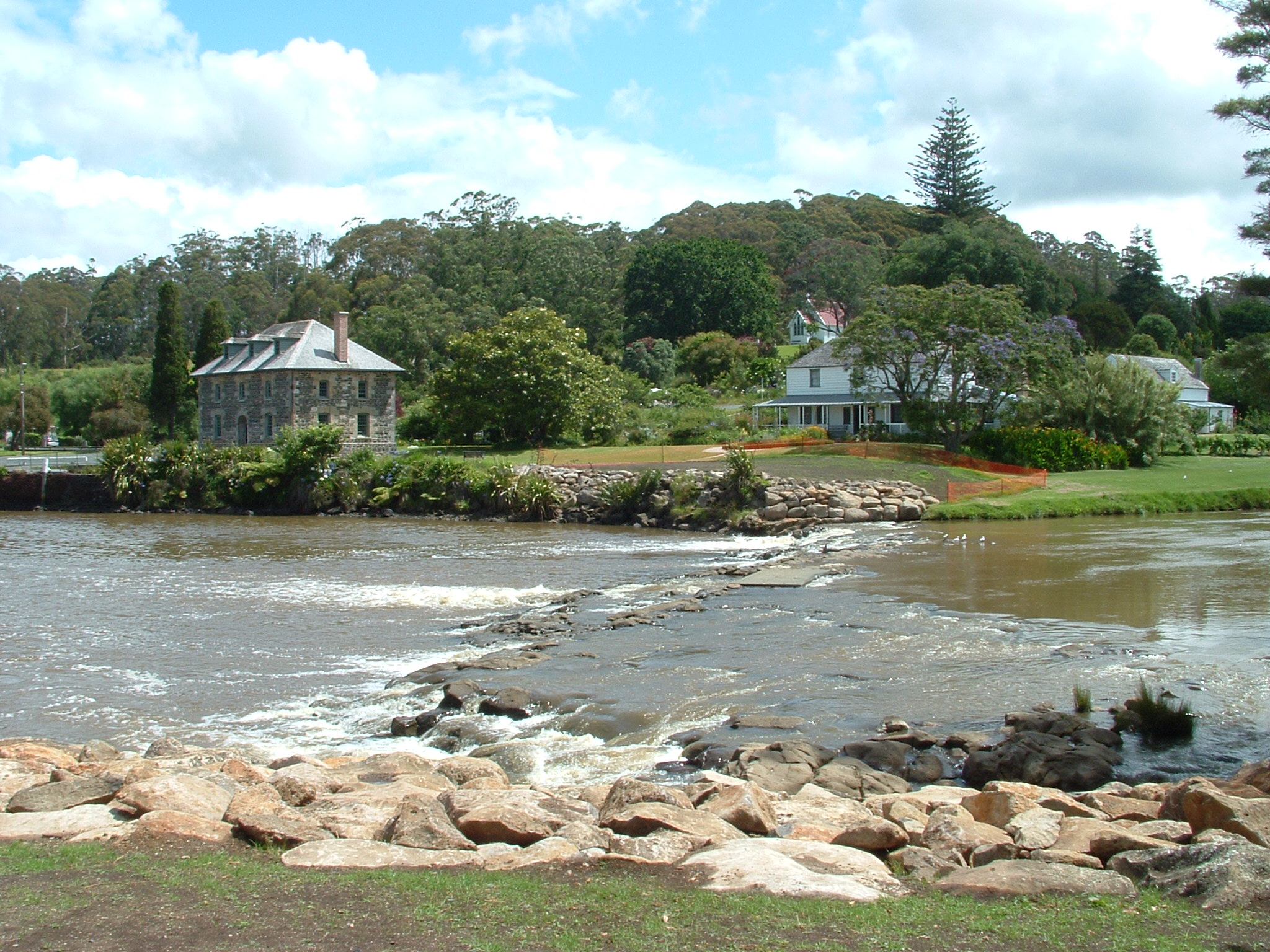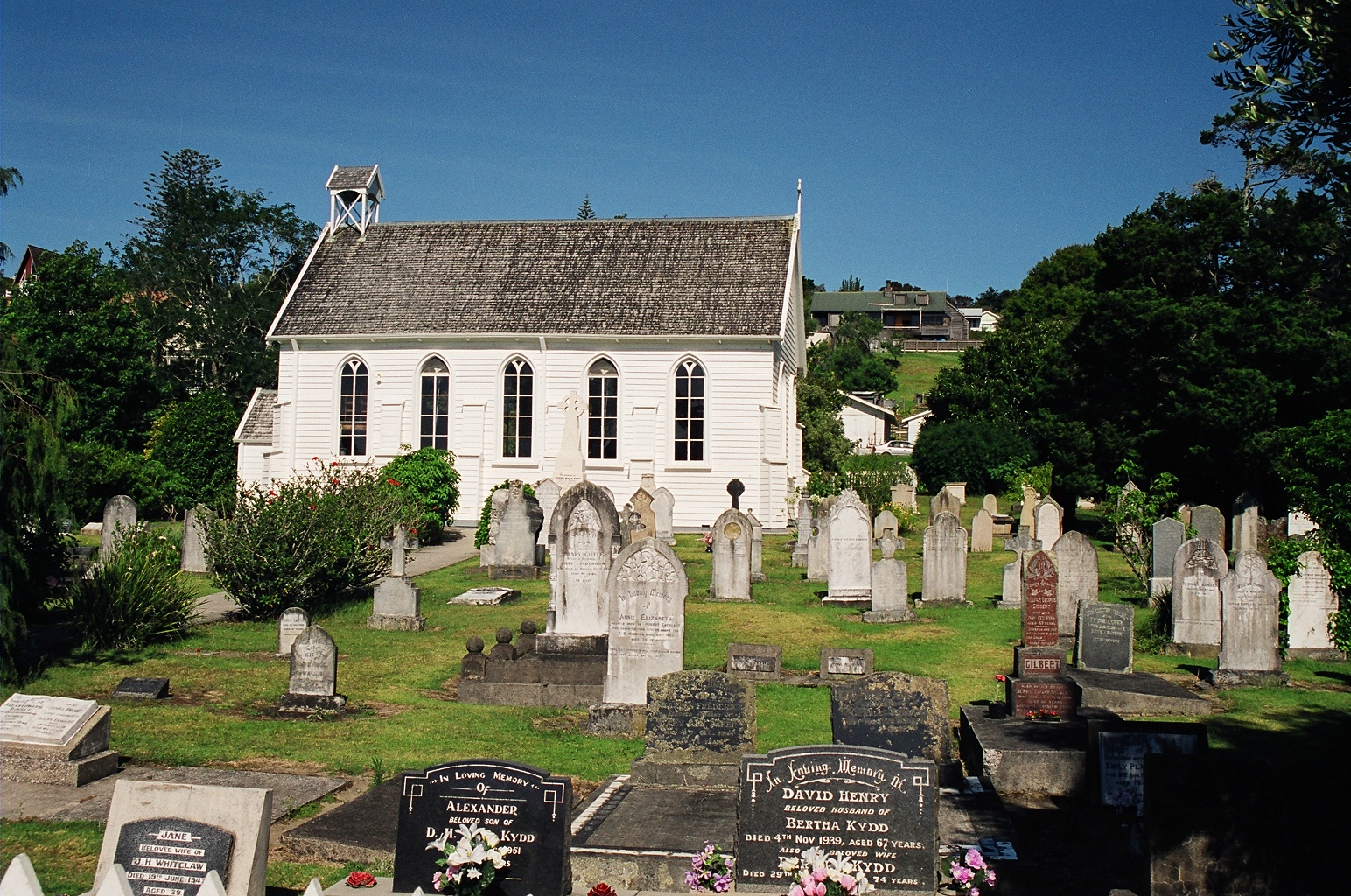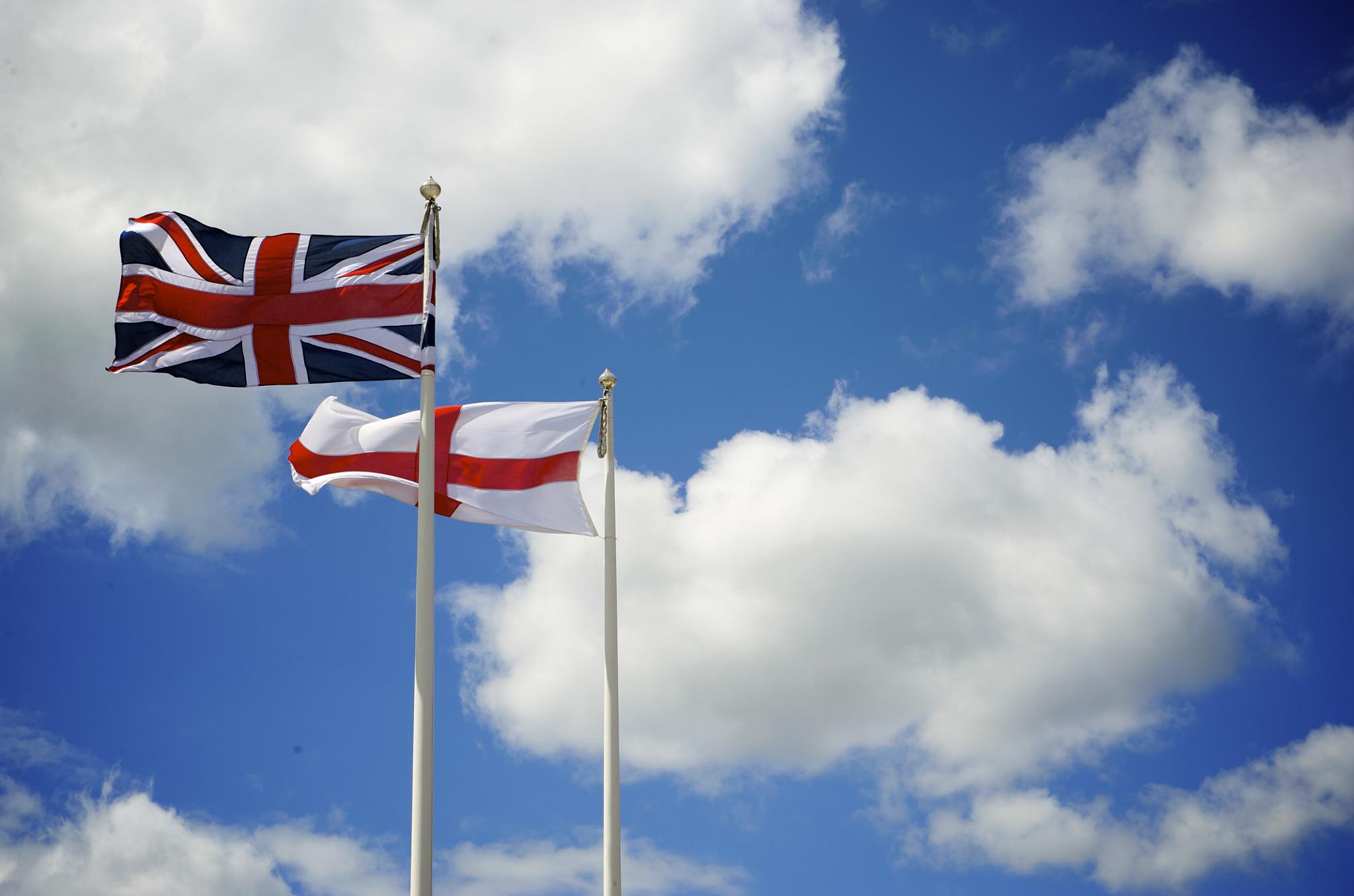|
Māori Protest Movement
The Māori protest movement is a broad indigenous-rights movement in New Zealand (). While there were a range of conflicts between Māori and European immigrants prior to the signing of the Treaty of Waitangi in 1840, the signing provided a legal context for protesting, as the Treaty of Waitangi made New Zealand a British colony with British law and governance applying. The British authorities had drafted the Treaty with the intention of establishing a British Governor of New Zealand, recognising Māori ownership of their lands, forests and other possessions, and giving Māori the rights of British subjects. However, the Māori and English texts of the Treaty differ in meaning significantly; particularly in relation to the meaning of having and ceding sovereignty. These discrepancies, and the subsequent colonisation by Pākehā settlers led to disagreements in the decades following the signing, including full-out warfare. In its modern form, the Māori protest movement emerged ... [...More Info...] [...Related Items...] OR: [Wikipedia] [Google] [Baidu] |
Indigenous Rights
Indigenous rights are those rights that exist in recognition of the specific condition of the Indigenous peoples. This includes not only the most basic human rights of physical survival and integrity, but also the rights over their land (including native title), language, religion, and other elements of cultural heritage that are a part of their existence and identity as a people. This can be used as an expression for advocacy of social organizations, or form a part of the national law in establishing the relation between a government and the right of self-determination among its Indigenous people, or in international law as a protection against violation of Indigenous rights by actions of governments or groups of private interests. Definition and historical background Indigenous rights belong to those who, being indigenous peoples, are defined by being the original people of a land that has been conquered and colonized by outsiders. Exactly who is a part of the indigenou ... [...More Info...] [...Related Items...] OR: [Wikipedia] [Google] [Baidu] |
Pākehā
Pākehā (or Pakeha; ; ) is a Māori term for New Zealanders primarily of European descent. Pākehā is not a legal concept and has no definition under New Zealand law. The term can apply to fair-skinned persons, or to any non-Māori New Zealander. Papa'a has a similar meaning in Cook Islands Māori. Historically before the arrival of other ethnic groups the word Māori meant 'ordinary' or 'normal'. The arrival of Europeans led to the formation of a new term to distinguish the self-regarded 'ordinary' or 'normal' Māori from the new arrivals. The etymology of the word ''Pākehā'' remains unclear, but the term was in use by the late-18th century. In December 1814 the Māori children at Rangihoua in the Bay of Islands were "no less eager to see the ''packaha'' than the grown folks". In Māori, plural noun-phrases of the term include (the definite article) and (the indefinite article). When the word was first adopted into English, the usual plural was 'Pakehas'. However, spe ... [...More Info...] [...Related Items...] OR: [Wikipedia] [Google] [Baidu] |
Pai Marire
Pai or PAI may refer to: People * Pai (surname), Indian surname from coastal Karnataka and Goa plus people with the name * Pai (Chinese surname), includes Chinese name origin, plus people with the name Fictional characters * Pai (Manga character), a character from "3x3 Eyes" * Pie (Tokyo Mew Mew), a villain from the manga and anime series ''Tokyo Mew Mew'' Places * Pai, Iran, a village in Isfahan Province * Pai, Thailand, a small town in Mae Hong Son Province ** Pai District, the district around the town ** Pai River ** Pai Airport * Pai, Tank, a union council in Pakistan Games * Gwat Pai, Chinese dominoes set * Zi pai, Chinese card game * Pai Gow, Chinese gambling game ** Pai gow poker, Americanized version Other uses * Pai languages (Paipai, Walapai, Havasupai) * Pai dialect of the Northern Sotho language * Pai (fish trap) * "Pai", a 2016 song by Bad Gyal Acronyms * PAI Partners, a French private equity firm * PAI (Personal Activity Intelligence), a fitness indi ... [...More Info...] [...Related Items...] OR: [Wikipedia] [Google] [Baidu] |
Boycotts
A boycott is an act of nonviolent, voluntary abstention from a product, person, organization, or country as an expression of protest. It is usually for moral, social, political, or environmental reasons. The purpose of a boycott is to inflict some economic loss on the target, or to indicate a moral outrage, to try to compel the target to alter an objectionable behavior. The word is named after Captain Charles Boycott, agent of an absentee landlord in Ireland, against whom the tactic was successfully employed after a suggestion by Irish nationalist leader Charles Stewart Parnell and his Irish Land League in 1880. Sometimes, a boycott can be a form of consumer activism, sometimes called moral purchasing. When a similar practice is legislated by a national government, it is known as a sanction. Frequently, however, the threat of boycotting a business is an empty threat, with no significant effect on sales. Etymology The word ''boycott'' entered the English language during the ... [...More Info...] [...Related Items...] OR: [Wikipedia] [Google] [Baidu] |
British Monarch
The monarchy of the United Kingdom, commonly referred to as the British monarchy, is the constitutional form of government by which a hereditary sovereign reigns as the head of state of the United Kingdom, the Crown Dependencies (the Bailiwick of Guernsey, the Bailiwick of Jersey and the Isle of Man) and the British Overseas Territories. The current monarch is King Charles III, who ascended the throne on 8 September 2022, upon the death of his mother, Queen Elizabeth II. The monarch and their immediate family undertake various official, ceremonial, diplomatic and representational duties. As the monarchy is constitutional, the monarch is limited to functions such as bestowing honours and appointing the prime minister, which are performed in a non-partisan manner. The sovereign is also able to comment on draft laws which directly affect the monarchy. The monarch is also Head of the British Armed Forces. Though the ultimate executive authority over the government is still fo ... [...More Info...] [...Related Items...] OR: [Wikipedia] [Google] [Baidu] |
Taranaki
Taranaki is a region in the west of New Zealand's North Island. It is named after its main geographical feature, the stratovolcano of Mount Taranaki, also known as Mount Egmont. The main centre is the city of New Plymouth. The New Plymouth District is home to more than 65 per cent of the population of Taranaki. New Plymouth is in North Taranaki along with Inglewood and Waitara. South Taranaki towns include Hāwera, Stratford, Eltham, and Ōpunake. Since 2005, Taranaki has used the promotional brand "Like no other". Geography Taranaki is on the west coast of the North Island, surrounding the volcanic peak of Mount Taranaki. The region covers an area of 7258 km2. Its large bays north-west and south-west of Cape Egmont are North Taranaki Bight and South Taranaki Bight. Mount Taranaki is the second highest mountain in the North Island, and the dominant geographical feature of the region. A Māori legend says that Mount Taranaki previously lived with the Tongariro, Ngaur ... [...More Info...] [...Related Items...] OR: [Wikipedia] [Google] [Baidu] |
Waikato
Waikato () is a Regions of New Zealand, local government region of the upper North Island of New Zealand. It covers the Waikato District, Waipa District, Matamata-Piako District, South Waikato District and Hamilton, New Zealand, Hamilton City, as well as Hauraki Plains, Hauraki, Coromandel Peninsula, the northern King Country, much of the Taupō District, and parts of Rotorua, Rotorua District. It is governed by the Waikato Regional Council. The region stretches from Coromandel Peninsula in the north, to the north-eastern slopes of Mount Ruapehu in the south, and spans the North Island from the west coast, through the Waikato and Hauraki to Coromandel Peninsula on the east coast. Broadly, the extent of the region is the Waikato River catchment. Other major catchments are those of the Waihou River, Waihou, Piako River, Piako, Awakino River (Waikato), Awakino and Mokau River, Mokau rivers. The region is bounded by Auckland Region, Auckland on the north, Bay of Plenty on the east ... [...More Info...] [...Related Items...] OR: [Wikipedia] [Google] [Baidu] |
New Zealand Land Confiscations
The New Zealand land confiscations took place during the 1860s to punish the Kīngitanga movement for attempting to set up an alternative, Māori, form of government that forbade the selling of land to European settlers. The confiscation law targeted Kīngitanga Māori against whom the government had waged war to restore the rule of British law. More than or 4.4 percent of land were confiscated,Ranginui Walker, ''Ka Whawhai Tonu Matou - Struggle Without End'', Penguin Books, 1990. mainly in Waikato, Taranaki and the Bay of Plenty, but also in South Auckland, Hauraki, Te Urewera, Hawke's Bay and the East Coast.Taranaki Report, Kaupapa Tuatahi, Chapter 1, Waitangi Tribunal, 1996. Legislation for the confiscations was contained in the New Zealand Settlements Act 1863, which provided for the seizing of land from Māori tribes who had been in rebellion against the Government after 1 January 1863. Its stated purpose was to achieve the "permanent protection and security" of the country ... [...More Info...] [...Related Items...] OR: [Wikipedia] [Google] [Baidu] |
Māori King Movement
The Māori King Movement, called the in Māori, is a movement that arose among some of the Māori (tribes) of New Zealand in the central North Island in the 1850s, to establish a role similar in status to that of the monarch of the British colonists, as a way of halting the alienation of Māori land. The Māori monarch technically operates in a non-constitutional capacity with no legal or judicial power within the New Zealand government, but nonetheless, is a major political and cultural figure in the country for many of its 5 million people, wielding significant lobbying power and . Reigning monarchs retain the position of paramount chief of several and wield some power over these, especially within Tainui. The current Māori monarch, Tūheitia Paki, was elected in 2006 and his official residence is Tūrongo House at Tūrangawaewae marae in the town of Ngāruawāhia. Tūheitia is the seventh monarch since the position was created and is the continuation of a dynasty that re ... [...More Info...] [...Related Items...] OR: [Wikipedia] [Google] [Baidu] |
Bay Of Islands
The Bay of Islands is an area on the east coast of the Far North District of the North Island of New Zealand. It is one of the most popular fishing, sailing and tourist destinations in the country, and has been renowned internationally for its big-game fishing since American author Zane Grey publicised it in the 1930s. It is north-west of the city of Whangarei. Cape Reinga, at the northern tip of the country, is about by road further to the north-west. Geography The bay itself is an irregularly-shaped -wide, drowned valley system and a natural harbour. It contains 144 islands, of which the largest is Urupukapuka, and numerous peninsulas and inlets. The three largest inlets are Waikare Inlet in the south, and Kerikeri and Te Puna (Mangonui) inlets in the north-west. The Purerua Peninsula, north of Te Puna Inlet, separates the north-western part of the bay from the Pacific Ocean, and Cape Brett Peninsula extends into the ocean at the eastern end of the bay. The biggest t ... [...More Info...] [...Related Items...] OR: [Wikipedia] [Google] [Baidu] |
Russell, New Zealand
Russell, known as Kororāreka in the early 19th century, was the first permanent European settlement and seaport in New Zealand. It is situated in the Bay of Islands, in the far north of the North Island. History and culture Māori settlement Before the arrival of the Europeans, Russell was inhabited by Māori because of its salubrious climate and the abundance of food, fish and fertile soil. Russell was then known as Kororareka, and was a small settlement on the coast. The early European explorers like Britain’s James Cook (1769) and France’s Marion du Fresne (1772) have remarked that the area was quite prosperous. European settlement When European and American ships began visiting New Zealand in the early 1800s, the indigenous Māori quickly recognised there were great advantages in trading with these strangers, whom they called . The Bay of Islands offered a safe anchorage and had a large Māori population. To attract ships, Māori began to supply food and ti ... [...More Info...] [...Related Items...] OR: [Wikipedia] [Google] [Baidu] |
Union Flag
The Union Jack, or Union Flag, is the ''de facto'' national flag of the United Kingdom. Although no law has been passed making the Union Flag the official national flag of the United Kingdom, it has effectively become such through precedent. It is sometimes asserted that the term ''Union Jack'' properly refers only to naval usage, but this assertion was dismissed by the Flag Institute in 2013 following historical investigations. The flag has official status in Canada, by parliamentary resolution, where it is known as the Royal Union Flag. It is the national flag of all British overseas territories, being localities within the British state, or realm, although local flags have also been authorised for most, usually comprising the blue or red ensign with the Union Flag in the Flag terminology#Flag elements, canton and Defacement (flag), defaced with the distinguishing arms of the territory. These may be flown in place of, or along with (but taking precedence after) the national f ... [...More Info...] [...Related Items...] OR: [Wikipedia] [Google] [Baidu] |









